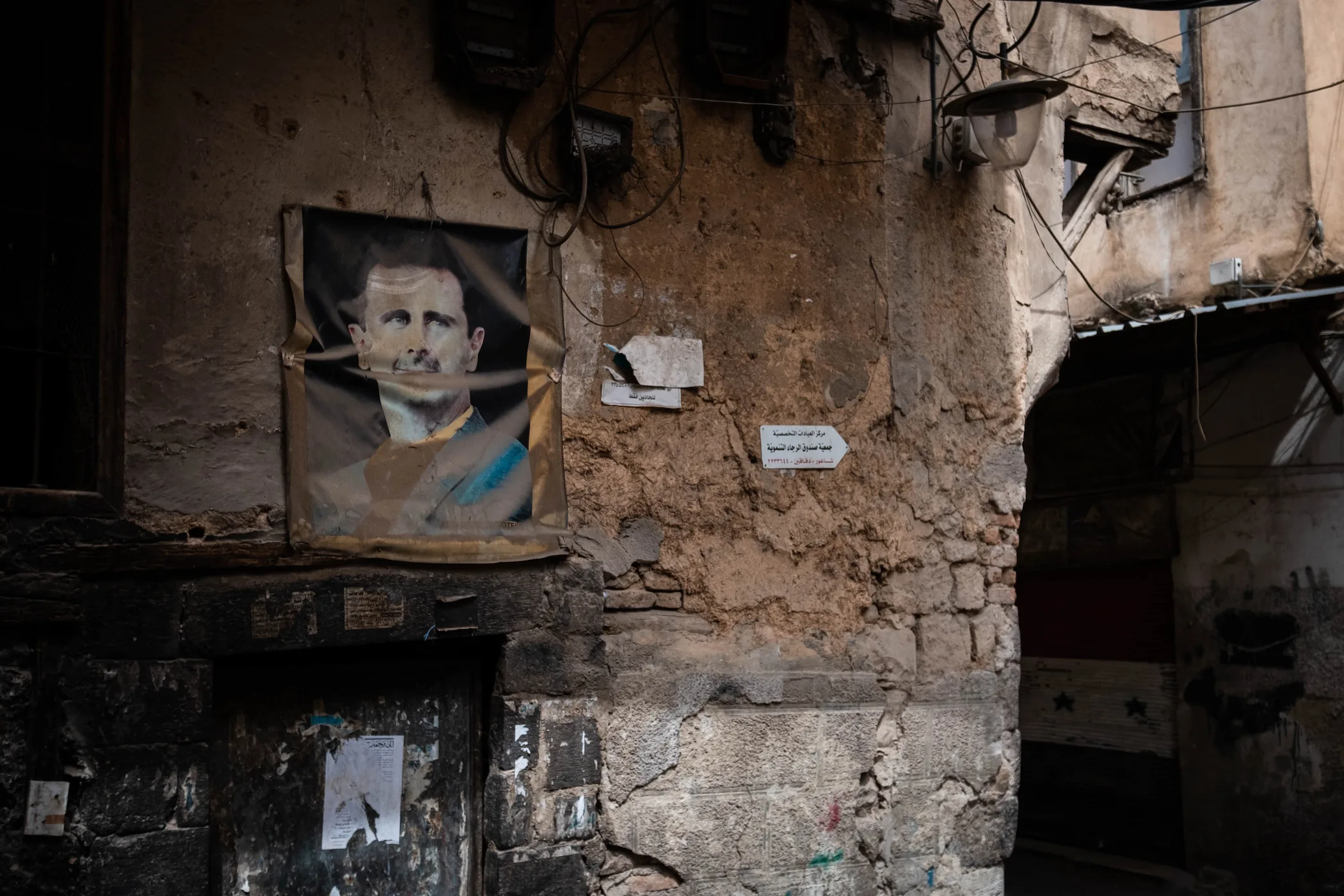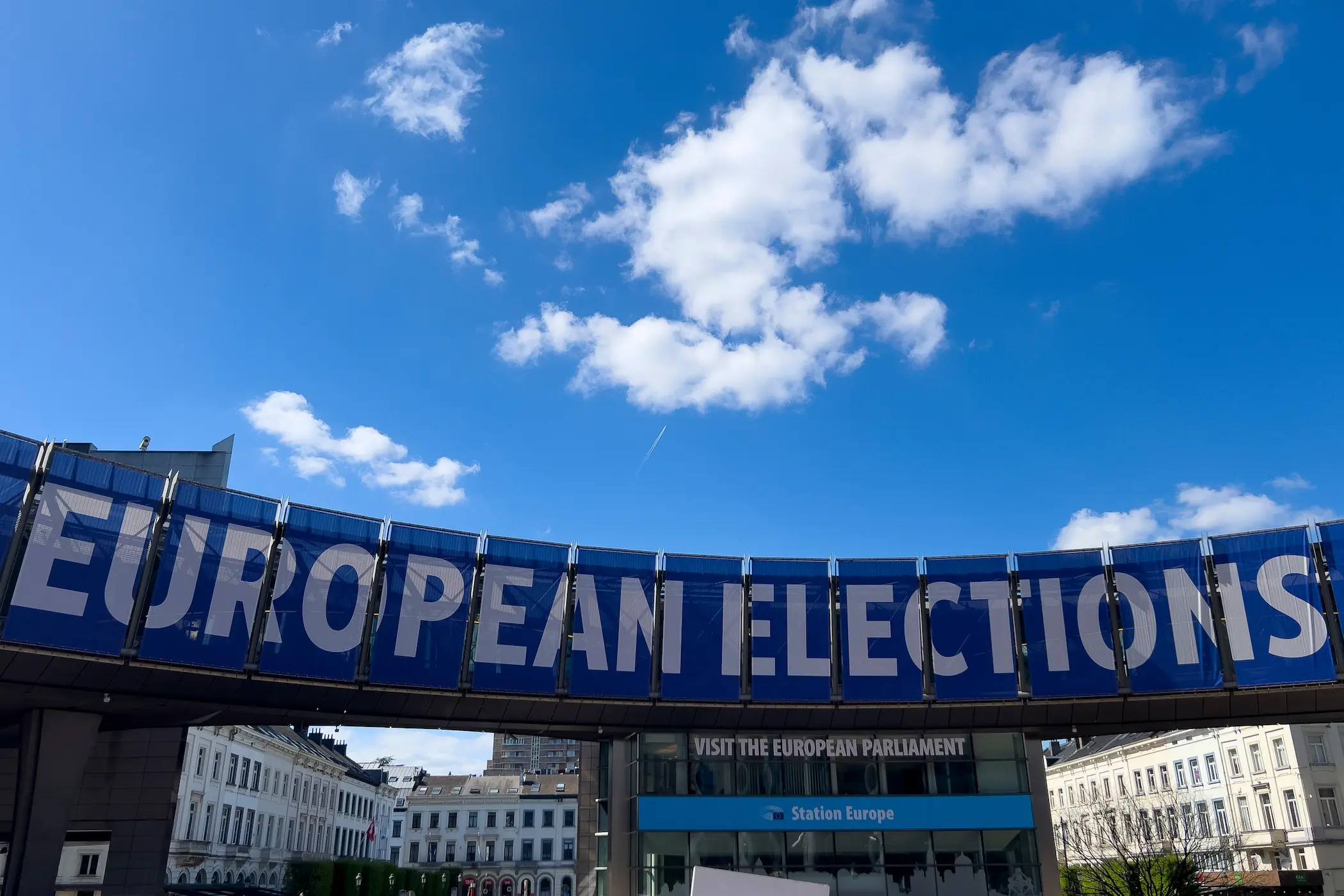Securitizing an issue means simply, designating an issue as of an extreme danger to be dealt with urgently. The theory of securitization stipulates that national security policies are not given but are formulated by policy makers mainly through their uttered words. Accordingly, narratives given by policy makers frame issues as either a security threat, a mere challenge or even an opportunity. The same issue can be mentioned by the same political leader once as a security threat that the nation should mitigate at some point and an asset at another. Migration is one of those issues which governments either give a securitizing polish or none at all. In this analysis, the argument goes that “national interests” made-up from economic and political conditions are the main factors in deciding the given frame.
Money Talks
In Germany, the migration wave started in 2013 after the civil war erupted in Syria and Libya. In 2015, the number of those crossing borders to reach German lands reached 1.8 million. Germany was being targeted by migrants more than its neighbors, such as Hungary, Greece and Balkan countries, because of the belief that opportunities exist in larger economies such as the German one. Unlike other European governments who closed their borders in the face of migrants such as Hungary which built a fence along its southern border with Serbia fearing the inflow of migrants coming mainly from Syria, the German government abandoned the choice of securitizing the issue. The flexible German policies were reflected in the narrative of its chancellor back then Angela Merkel with her famous statement “Wir Schaffen das” in other words, “We can do this”. Looking at those words wearing the theory of securitization’s pair of glasses, it reveals an intention to deliver the situation as being under control. Migrants are not considered as a security threat to the nation. The welcoming narrative continued with the new German administration. In November 2022, the Economy Minister Robert Habeck declared in an English message to foreign workers around the word that they are welcomed by saying “We need you”.
It can even be noted here that the narrative has evolved from only being welcoming and despite being a burden, Germans can accommodate the new flow of migrants as apparent in Merkel’s words, to a discourse reflecting the need for migrants and not only their acceptance. The current German Chancellor Olaf Scholz went further by saying that “Those who live and work here permanently should also be able to vote and be elected, they should be part of our country”. The governing narrative then in Germany reflects the de-securitization of migration as an issue which was accepted at the beginning and even needed in the current time. De-securitization in Germany exceeded uttered words and it reached governmental policies. In 2015, Merkel decided to suspended the Dublin Regulation which stipulates that the country which first receives asylum seekers is the one responsible for them. By suspending the aforementioned regulation, Germany designated itself as responsible for relocating migrants arriving from transit countries such as Greece and Italy. The Skilled Immigration Act which came into force in 2020 also reflects the evolution of German policies. The Act is a law aiming at expanding the number of opportunities for professionals to go to work in Germany. As per the law, skilled workers can relocate to Germany and work under easier conditions.
Greece stands at the opposite side of the continuum, with being a hostile country towards refugees, Greek prime minister Kyriakos Mitsotakis has always securitized the issue in his speeches and words given in press conferences referring to the migration wave which started in 2013 as the “refugee crisis”. Mitsotakis went further when his governmental policies towards migration were repeatedly criticized by saying that “We have a tough but a fair policy in migration”. The Prime Minister never hesitated to show that his country is in a vulnerable position due to the threat coming from those who are crossing the Greek borders “I do not want to see migrants or asylum seekers being used as pawns in a game in all this, but countries need to protect and manage their borders and limit illegal migration”. Accordingly, the mainstream discourse by the state highest figure represents a firm stance on securitizing what became known as the “crisis”.
As per our argument, the Germans did not securitize the issue for the sake of their economic needs. The German state has been struggling with a severe shortage in skilled labors especially in fields such as technology and the skilled trades, logistics, education, catering and nursing. The shortage is mentioned by some associations as slowing down the economic cycle. On the other hand, the stuck Greek economy sees migrants as a threat to the already scarce resources and limited job opportunities. From 2008 to 2015, the crisis atmosphere became the new normal in Greece. From the Economic crisis to the migration crisis. GDP dropped, annual unemployment rates rose and real adjusted disposable income dropped during the time period laying between the two crises. Greece has been suffering those bad economic conditions for year rendering it unable to receive any migrants who would constitute a burden and hence, a national security threat. On the other side of the coin, economic needs transformed what was seen as a crisis in Greece into a blessing to Germany. In other words, security threats can be determined by what economists visualize and not only politicians.
The Political Agenda
Another factor determining the framing of the issue at hand is the ruler’s political agenda. This is the case specifically in undemocratic and unconsolidated democracies because in this case, the ruler’s political agenda changes the state’s political directions as a whole. The Turkish case gives a clear example to this argument. At the beginning of the Syrian Crisis, refugees were framed in the Turkish discourse as guests and “brothers in religion”. This discourse served Türkiye in its regional aims because at that time the Turkish president Erdoğan was trying to play the role of a “regional hegemon” trying to revive the memory of the Ottoman Empire. This was especially after the Arab spring in 2011 and the rise of political Islam in the Middle East. This was manifested in increasing Turkish influence over those countries’ domestic and foreign policies which were mainly driven by Turkish recommendations. For example, in 2013 before ousting the Muslim Brotherhood regime in, Egyptian president announced cutting diplomatic relations with Assad regime in Syria in a step was seen by analysts at that time as highly influenced by Turkish given directions due to the announced Turkish stance against Al-Assad regime. However, by 2013, Political Islam had already fallen in the Arab World. A cost-benefit analysis left Türkiye with only one option, to follow the EU’s securitization path as an alternative policy since at that time, Erdoğan understood that a reorientation towards its European neighbors is inevitable.
This means that Türkiye has always been a winner in terms of fulfilling their political Agenda’s priority. At the beginning it was a strong regional role and then, the EU membership. It is argued that the securitization of Migration gave Türkiye an opportunity. Acting as a reflection to the European Union’s policies of securitization, Türkiye gained from its deal with the European Union in 2015-2016 which shaped to a great extent its policies on Migration as Europe’s gatekeeper. To begin with, this deal has enhanced the bargaining position of the Turkish government and has made it easier for the use of the securitization of refugees for gaining more benefits. The agreement empowered Erdoğan’s room of maneuver by giving Türkiye a ‘hybrid status’. This means that Türkiye is not a too much insider nor an outsider in the European Political sphere. The Turkish president has claimed that the very survival of the Schengen area, to a great extent, relies upon his own cooperation with the European Union in a time marked with a fear of increasing irregular migration. On the one hand, the Turkish administration stresses on the rise of Populism throughout Europe and far right wing to gain opportunities of high magnitude in exchange for the EU’s preferred management of the refugee’s crisis. In addition to this, The Turkish government was also able to extract prospected benefits of visa liberalization for its citizens.
To sum up, securitizing an issue is an elastic strategy used by policy makers. German, Greek and Turkish cases show that the national interest, whether it be economic conditions or political calculations made by the leaders, is what constitutes the “security threat”. Narratives are usually changed according to the national interest which directs leaders. In some cases, it is economic circumstances which dictate the national interest while in other times, it is the rulers’ political calculations.
References
Eroukhmanoff, Clara. “Securitisation Theory: An Introduction.” E, May 7, 2020. https://www.e-ir.info/2018/01/14/securitisation-theory-an-introduction/
Ayoub, Maysa. “Understanding Germany’s Response to the 2015 Refugee Crisis.” Review of Economics and Political Science, 2019. https://www.emerald.com/insight/content/doi/10.1108/REPS-03-2019-0024/full/html
Grunau, Andrea, and Ben Knight. “Germany and Immigration: Plans for Refom – DW – 11/29/2022.” dw.com. Deutsche Welle, December 5, 2022. https://www.dw.com/en/germany-and-immigration-plans-for-refom/a-63925044
of education, Ministry. “Profi-Filter.” Anerkennung in Deutschland – Skilled Immigration Act, May 17, 2021. https://www.anerkennung-in-deutschland.de/html/en/pro/skilled-immigration-act.php#
Nikas, Sotiris. “Greece’s Prime Minister Mitsotakis Snaps about Refugees at Presser on Samos Camp.” Bloomberg.com. Bloomberg, November 9, 2021. https://www.bloomberg.com/news/articles/2021-11-09/greek-prime-minister-snaps-about-refugees-at-a-news-conference
Visvizi, Anna. “Greece, the Greeks, and the Crisis: Reaching beyond ‘That’s How It Goes.’” Carnegie Council for Ethics in International Affairs. Carnegie Council for Ethics in International Affairs, September 7, 2016. https://www.carnegiecouncil.org/media/article/greece-the-greeks-and-the-crisis-reaching-beyond-thats-how-it-goes
OECD. “What’s the Issue? – OECD,” 2016. https://www.oecd.org/greece/greece-addressing-migration-challenges-beyond-the-current-humanitarian-crisis.pdf
Champion, Marc. “Erdogan’s Ottoman Dreams Lie Broken in Syria.” Bloomberg.com. Bloomberg, March 6, 2020. https://www.bloomberg.com/news/articles/2020-03-06/erdogan-s-ottoman-dreams-lie-broken-in-syria
Monier, Elizabeth, and Annette Ranko. “The Failure of the Muslim Brotherhood: Implications for Egypt’s Regional Status.” SpringerLink. Palgrave Macmillan US, January 1, 2014. https://link.springer.com/chapter/10.1057/9781137484758_4
Parliament, European. “Legislative Train Schedule.” European Parliament, 2023. https://www.europarl.europa.eu/legislative-train/












Comments